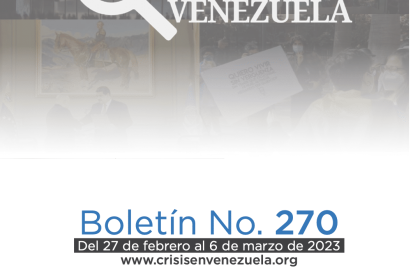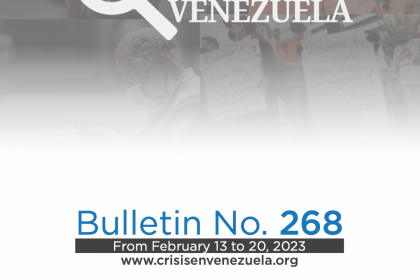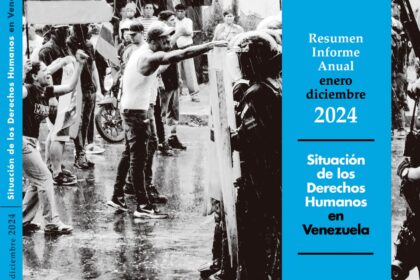
The recent Act for the Respect of Human Rights when Exercising Civil Service sets forth in 2 of its articles the right of every person to have access to information of public interest and the public officials’ duty to giving adequate and prompt responses.
Article 9 sets forth the right to access public information and the public officials’ duty of granting it, and that right is repeated in Article 20. They two articles indicate the obligation to effectively guarantee the access to information of a public nature.
A first step that the government should take in order that said rules star becoming a reality is publishing the reports and accounts of ministerial offices. Some haven’t published anything in six years. The Prosecutor’s Office and the Office of the Ombudsman should have the same obligation. The latter should give an example by publishing its management report.
Another immediate measure is publishing the epidemiological bulletins and the numbers on homicides and the so-called “resisting authority” by the authorities, that most of them are actually extrajudicial executions, in order to publish the identity of each one of the individuals murdered by police officers and the military.
In the context of the current crisis in Venezuela, human rights organizations maintain a continuous effort to record and document the systematic violations of civil, political, economic, social and cultural rights of the population in order to accompany the victims and give visibility to these violations before the national and international community.
In this sense, the Crisis in Venezuela bulletin emerges as a weekly space in which, as a human rights movement, we bring together the situations that currently reflect the humanitarian crisis that Venezuela is going through.
The Crisis in Venezuela newsletter ESPAÑOL | ENGLISH








